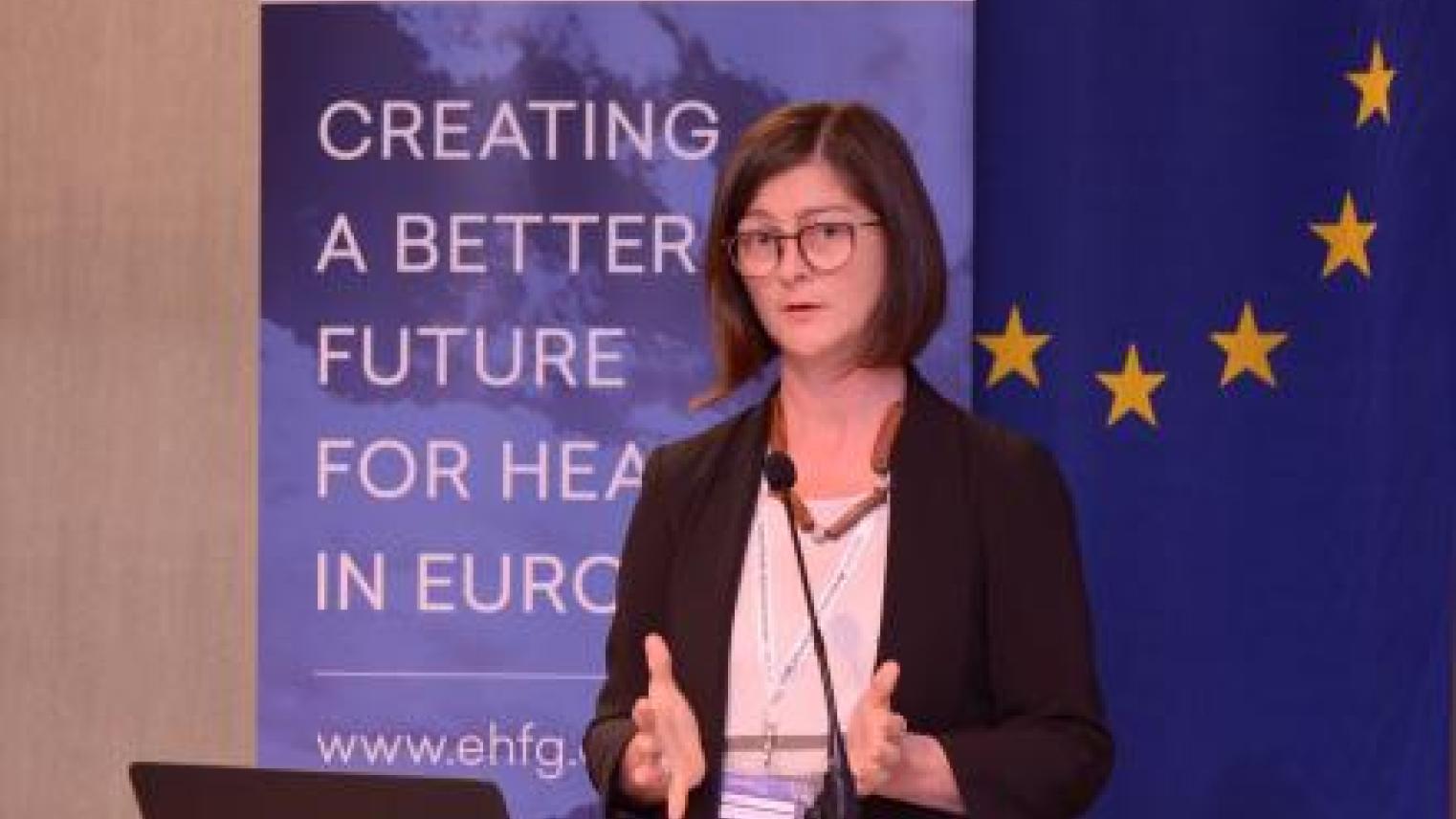RegNet Director says domestic agendas are trumping progress on global health equity

Today (6 October 2017 EST), RegNet Director Professor Sharon Friel addresses the European Health Forum in Austria.
The forum is a key annual event which brings together politicians, senior decision-makers, representatives of interest groups, and experts in the field of public health and healthcare.
This year the focus of the forum will be on fostering ‘inter-sectoral’ action on health. This means making a range of policies across different fields (e.g. transport, environment, housing, international trade) work in harmony to support healthy populations.
Professor Friel is an expert in health equity and global governance. She will argue that domestic agendas are trumping progress on global health equity. The nations responsible for implementing the United Nations’ 2030 Agenda for Sustainable Development have competing and often conflicting domestic policy agendas and priorities; health and health equity are rarely at the forefront of their policy considerations.
Professor Friel said:
“This is a key opportunity to address politicians and senior decision-makers in Europe and to put global health equity on the agenda.
“Despite commitments to take action in principle, such as in the UN’s Sustainable Development Goals, in practice, too often domestic agendas are trumping progress on global health equity.
“The UN’s Sustainable Development Goals encourage the use of trade as a means of pursuing positive change in other areas. Now is the time to act on those commitments.”
Professor Friel will use the example of the mega-regional trade agreement - the Trans Pacific Partnership (TPP) agreement - to show how international trade agreements can exaggerate existing global health inequities between participating nations.
In line with the theme of the forum, ‘health in all politics’, she will argue that trade is a key area in which health impacts should always be considered.
Many Australians will live shorter lives than others not because of their genetics or the lifestyle choices they make but rather because of the conditions in which they live and the opportunities they have to lead a healthy life. There is increasing concern among politicians, policy makers and the Australian public about the growing financial, social and health inequities in a country that prides itself on having a ‘fair go’.
The power of the wider, ‘non-medical’, determinants to improve population health has been demonstrated through a series of international and national level commissions and evidence reviews. However the translation of this evidence into equity-focused multi-sectoral policy development and implementation has been slow.
You can now watch and listen to the full panel session. Professor Friel's talk commences at about 35 minutes.
Sharon Friel is Professor of Health Equity and Director of RegNet. She is also Director of the Menzies Centre for Health Policy, ANU and Co-Director of the NHMRC Centre for Research Excellence in the Social Determinants of Health Equity.
She is a Fellow of the Academy of Social Sciences Australia. From 2005-2008 she was the Head of the Scientific Secretariat (University College London) of the World Health Organisation Commission on Social Determinants of Health.